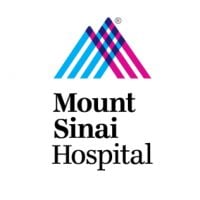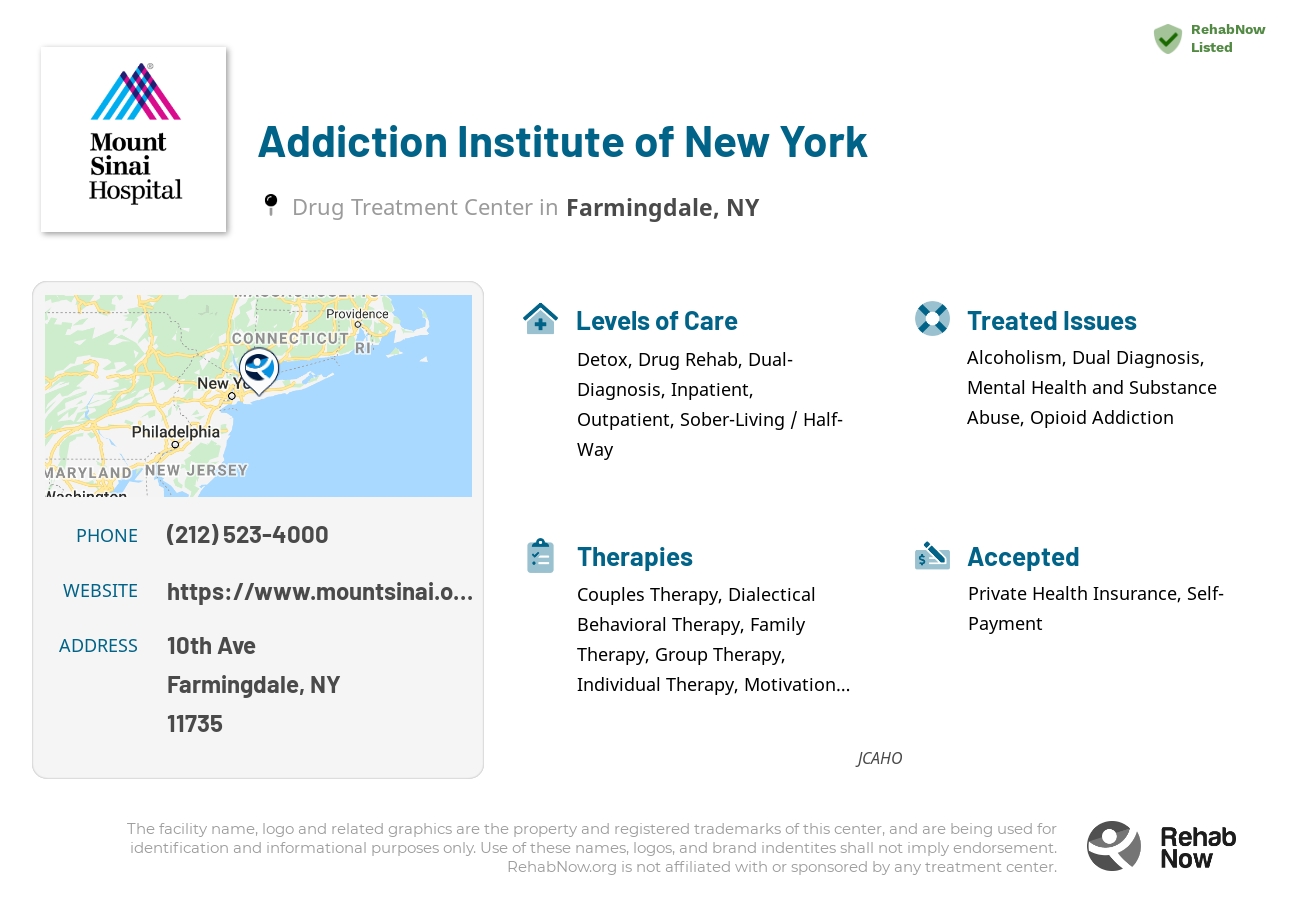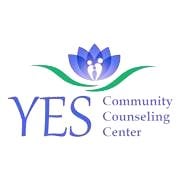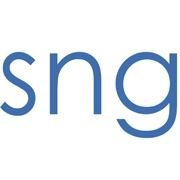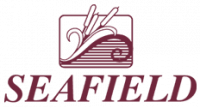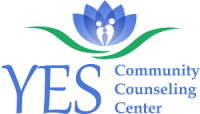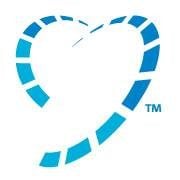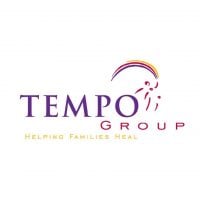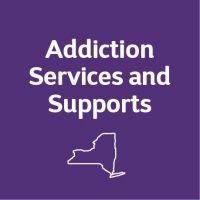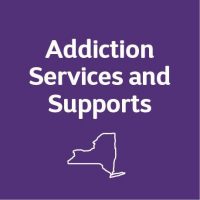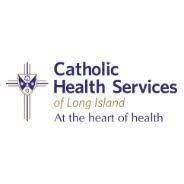Addiction Institute of New York
Drug Rehab Center in Farmingdale, New York
The Mount Sinai - Addiction Institute of New York in Farmingdale, NY offers a range of addiction treatment services, including detox, inpatient and outpatient programs, dual-diagnosis treatment, residential treatment, sober-living/half-way houses, partial hospitalization, and aftercare support.
About This New York Facility
Mount Sinai - Addiction Institute of New York is a reputable treatment facility located in Farmingdale, NY. As a JCAHO accredited facility, they are dedicated to offering high-quality addiction and mental health treatment services. Mount Sinai specializes in treating individuals suffering from alcoholism, opioid addiction, dual diagnosis, drug addiction, substance abuse, and mental health disorders. They provide a range of levels of care, including detox, inpatient and outpatient programs, dual-diagnosis treatment, residential treatment, sober-living/half-way houses, partial hospitalization, and aftercare support. This facility is affiliated with Mount Sinai Health System and accepts private health insurance, allowing individuals to access the help they need.
Mount Sinai - Addiction Institute of New York in Farmingdale, NY offers a comprehensive array of services to address addiction and substance abuse issues. These services include detoxification, which assists individuals in safely and comfortably withdrawing from drugs or alcohol. Their inpatient and outpatient programs provide intensive therapy and counseling to address the underlying causes of addiction and develop healthy coping mechanisms. For individuals with co-occurring mental health disorders, Mount Sinai offers specialized dual-diagnosis treatment, addressing both addiction and mental health simultaneously. They also provide residential treatment options for those who require a more structured and supportive environment. With their aftercare support and partial hospitalization programs, individuals can receive continued care and guidance as they transition back into their everyday lives.
Genders
Ages
Modality
Additional
Accreditations

JCAHO
Conditions and Issues Treated
Substance abuse typically leads to addiction, which requires specialized treatment programs at Addiction Institute of New York to address. Many people benefit from inpatient drug rehabilitation, which includes inpatient acute care and residential rehabilitation. Other levels of care include intensive outpatient therapy, individual counseling, and support groups. Family therapy is also an essential part of treatment for substance abuse.
A combination of treatments is often needed to treat drug abuse issues effectively. In the case of drug abuse, there is no easy answer or one-size-fits-all cure.
Opioid addiction treatment helps people addicted to opioids in New York curb their drug use. The selection of a treatment setting depends on the severity of the addiction. Mild cases are usually treated in outpatient facilities; severe cases need hospitalization or treatment in a residential facility. Doctors use medicines along with counseling and behavioral therapies to treat the addiction. The treatment includes medication, counseling and therapy. It can also include group counseling, individual counseling and family counseling.
People with dual diagnosis have coexisting addiction and a mental disorder. 9.2 million US adults had a co-occurring disorder in 2018, so not just limited to New York residents. Best treatment combines medication, psychotherapy (talk therapy), support group, and inpatient rehabilitation. Sometimes, complementary therapies – yoga, massage, and acupuncture – may also be used.
Levels of Care Offered at Addiction Institute of New York
This center offers a variety of custom treatment tailored to individual recovery. Currently available are Aftercare Support, Detox, Drug Rehab, Dual-Diagnosis, Inpatient, Outpatient, Partial-Hospitalization, Residential, Sober-Living / Half-Way, with additional therapies available as listed below.
Detox is the stage of recovery where the drugs or alcohol are entirely removed from your body. There are two different ways to detox, with medications and without. For many drugs and alcohol, the acute phase of detox can be completed in a number of days.
Inpatient rehab means living at the Farmingdale, NY facility while all aspects of an addiction or co-occurring disorder get addressed. This helps limit the distractions and increase the focus on recovery. Typical inpatient rehab stays are approximately one month long.
Outpatient treatment plans cover diagnosis, detoxification, management, and counseling. They are a popular option for those who have graduated from inpatient facilities. Services in New York include medication-assisted treatment (MAT) and individual and group therapy.
A partial hospitalization program (PHP) is a short-term form of intensive rehab, usually for those with acute symptoms that are hard to manage but don’t require 24-hour care. PHPs have structured programming (i.e. individual and/or group therapy), and usually meet 3-5 days a week for around 6 hours (i.e. 9am-3m). Some PHPs are residential (patients sleep on site) and some are not, so patients sleep at home. PHPs can last from 1-6 months, and some offer transportation and meals.
Sober living home provides a drug and alcohol-free environment for people in Farmingdale trying to stay sober. The atmosphere in SLH is less restrictive than in inpatient rehab. Members have to follow many rules, including not drinking and using drugs and paying rent and bills. There is no limit for the minimum or maximum period of stay, but as long as you stay in the house, you should follow the rules, as it’s the opportunity for individual and group sobriety.
Residential treatment programs are those that offer housing and meals in addition to substance abuse treatment. Rehab facilities that offer residential treatment allow patients to focus solely on recovery, in an environment totally separate from their lives. Some rehab centers specialize in short-term residential treatment (a few days to a week or two), while others solely provide treatment on a long-term basis (several weeks to months). Some offer both, and tailor treatment to the patient’s individual requirements.
After treatment, addiction treatment can be frightening for newly sober people. Aftercare support provided by Addiction Institute of New York is designed to give resources and help on a continued basis. It can involve finding housing in and around New York, setting up 12-step meeting groups, continued medical monitoring, and counseling.
Therapies & Programs
Couples therapy aims to rebuild the trust between the partners. Partner’s involvement in the process will result in greater chances of treatment success. Couples therapy addresses financial issues, loss of trust, lack of intimacy, and physical abuse.
Family therapy is a set of therapeutic approaches that assumes that the entire family is a system. It utilizes the strengths and resources of the family to help the patient refrain from resorting to substance abuse. The impact of substance abuse is not just on the patient but on the entire family. Family therapy ensures that the patient gets adequate support from the family members after the treatment making the recovery process sustainable
- Family therapy guides all the members of the family to help the patient.
- It helps to repair relationships and improve communication between family members.
- It helps to keep the patient engaged and motivated throughout the treatment.
Group therapy is an important tool in recovery. Finding a peer group in Farmingdale, NY and others who relate to your situation is a fundamental tool for recovery at Addiction Institute of New York. Addiction tends to lead to isolation and feelings of uniqueness. The accountability and friendship that is found in group therapy can be more effective than any single other treatment approach. This is generally introduced early in recovery and is recommended as a lifetime treatment habit.
A type of cognitive-behavioral therapy is Dialectical Behavioral Therapy. It is intended for those who are vulnerable to self-harm and suicidal thoughts. Addiction Institute of New York aims to help patients understand the connection between their feelings, emotions, and behaviors and provide them with the tools to make a difference in Farmingdale, NY. For those whose addictions and habits originate from severe mental health problems, it is beneficial.
Negative feelings are common in substance abuse disorders. If not recognized, they can cause co-occurring disorders. CBT involves strategies that help to change the thinking and behavioral pattern. It can be administered as a monotherapy as well as a part of combination therapy.
Nutrition therapy, also called medical nutrition therapy (MNT), addresses the unique needs of the recovering person’s diet. Due to addiction’s devastating toll on a person’s physical health, healthy eating must be addressed as soon as therapy starts. A good diet helps boosts a recovering person’s ability to fully participate in Addiction Institute of New York therapy.
Nicotine replacement therapy (NRT) is a treatment that helps people to quit smoking. In nicotine replacement therapy, a controlled amount of nicotine is provided in the form of gums, patches, or sprays. They do not contain the harmful chemicals usually found in tobacco products. NRT reduces the withdrawal symptoms by giving nicotine in low doses. However, NRT provides relief only from the physical withdrawal symptoms. The emotional and psychological aspects of quitting needs to be treated separately. While NRT is safe for most adults, teens and pregnant women should not undergo NRT. Research shows that the use of NRT doubles the chances of quitting smoking.
Payment Options Accepted
For specific insurance or payment methods please contact us.
Is your insurance accepted?
Ask an expert, call (888) 674-0062
Mount Sinai Associated Centers
Discover treatment facilities under the same provider.
- Mount Sinai Beth Israel in New York, NY
- Beth Israel's Methadone Maintenance Treatment Program - Clinics 1 and 3 in New York, NY
- Saint Lukes - Roosevelt Hospital Center - Outpatient in New York, NY
- Beth Israel's Methadone Maintenance Treatment Program - Avenue A Clinic in New York, NY
- Mount Sinai Adolescent Health Center in New York, NY
Learn More About Mount Sinai Centers
Additional Details
Specifics, location, and helpful extra information.
Farmingdale, New York 11735 Phone Number(212) 523-4000 Meta DetailsUpdated November 25, 2023
Staff Verified
Patient Reviews
There are no reviews yet. Be the first one to write one.
Farmingdale, New York Addiction Information
More than 2 million New Yorkers are currently suffering from some type of substance abuse and many of those are minors. Alcohol abuse, in particular, is prevalent among those underage. As a result of the high prices and regulation of prescription drugs, many New Yorkers turn to heroin instead. This has led to a serious heroin epidemic in the state.
Treatment in Nearby Cities
- Saranac Lake, NY (252.8 mi.)
- Massena, NY (300.9 mi.)
- Corona, NY (22.0 mi.)
- Long Beach, NY (13.8 mi.)
- Chappaqua, NY (35.3 mi.)
Centers near Addiction Institute of New York
The facility name, logo and brand are the property and registered trademarks of Addiction Institute of New York, and are being used for identification and informational purposes only. Use of these names, logos and brands shall not imply endorsement. RehabNow.org is not affiliated with or sponsored by Addiction Institute of New York.
